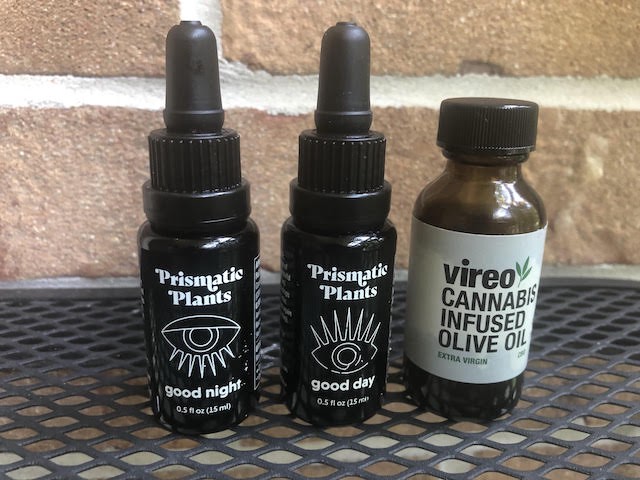The popularity of CBD oil has skyrocketed recently. No doubt you’ve seen advertisements for it on the Internet or perhaps you’ve received an email offering the oil for sale. But what exactly is CBD oil? What is its purpose? And is it true that the oil is extracted from the drug CBD? Your online pharmacist answers some of the most frequently asked questions about CBD oil.
What is CBD?
CBD (also known in full as cannabidiol) is a “cannabinoid.” Cannabinoids are chemical compounds found in the hemp plant. Cannabidiol is the main non-psychoactive ingredient of the plant CBD sativa and therefore cannot be used to get “high” like the other well-known cannabinoid, THC. There is currently a lot of research being done on cannabidiol and several studies show that the substance may have great therapeutic potential.
What is the difference between CBD and THC?
Like CBD, THC (tetrahydrocannabinol) is a cannabinoid that occurs naturally in the flowers of the CBD plant. However, there is less CBD in plants than THC (between 0.6 and 1% compared to 12 to 25%), mainly due to the way of cultivation in recent decades. THC’s popularity is mainly due to its “mind-altering” effects, which is why most CBD seeds contain larger amounts of THC.
Unlike THC, CBD is legal because CBD does not have a so-called psychotropic effect (it doesn’t get you high), but rather acts on the neuroreceptors in your brain that cause muscle relaxation and a sense of calm.
What is CBD oil?
The extraction of cannabidiol from the CBD plant produces an oily essence containing different cannabinoids in varying proportions, depending on the type of plant, the method of cultivation and the extraction method. That essence is then mixed with a carrier oil, such as coconut oil or olive oil. CBD oil is available on the market with different concentrations of CBD.
How does our body react to CBD?
CBD is converted in our bodies by the “endocannabinoid system (ECS),” a system in our bodies that produces endocannabinoids, substances that allow our bodies to absorb and use cannabinoids. Research has shown that the endocannabinoid system plays a role in keeping our bodies in balance (aptly called our body’s homeostasis) by controlling various metabolic functions, such as energy storage and nutrient transport.

Scientists believe that in cases of clinical endocannabinoid deficiency (also known as CECD syndrome), certain physiological disorders, such as migraines, fibromyalgia and irritable bowel syndrome, can be regulated with the help of cannabinoids from hemp and CBD, and in particular CBD, because they are said to boost the ECS and thus can bring our body’s biological systems back into balance. You can find the Best cbd for sleep at this link.
Is CBD suitable for children or pets?
Thanks to recent research, we know that CBD may have several potential health benefits and could be used to treat several conditions, including epilepsy, insomnia, nervousness and ADHD. And because CBD is non-psychoactive, it could possibly even be used in children.
And as for your faithful four-legged friend, cannabidiol is not only suitable for humans. All mammals, including your faithful Max and your adorable Minoes, have an endocannabinoid system and thus could potentially benefit from the use of CBD oil.
Does CBD have any side effects?
In general, CBD is safe, non-toxic and non-psychoactive. If you do not use CBD in combination with other drugs, it will not cause any unwanted side effects. However, CBD in combination with certain substances, such as some medications, can lead to certain side effects. This is particularly the case for the enzyme system cytochrome P450 in our bodies, a system that ensures that foreign substances, such as pollution, toxins, drugs and medicines, are broken down.
Preclinical studies have shown that ingesting CBD could interfere with the functioning of the cytochrome P450 system, changing the rate at which other substances are broken down and therefore how our bodies respond to them.
Further research is needed to show whether CBD is safe for consumption.
You can compare it to eating or drinking grapefruit (juice). Certain substances in grapefruit interfere with the action of the same group of enzymes and that is why doctors advise patients against eating or drinking grapefruit just before or after taking a medicine.
